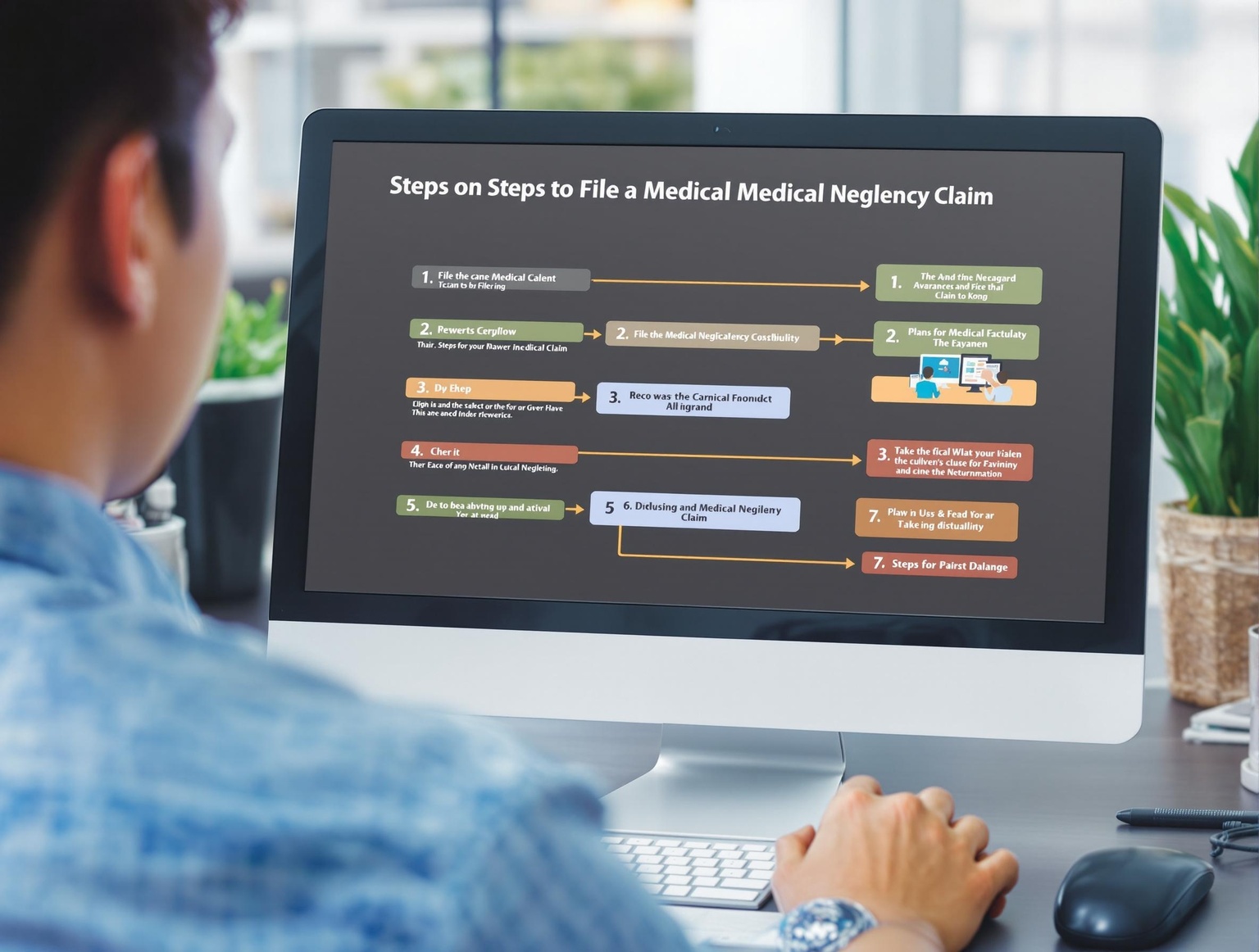Case (1) : Chan Siu Yim v. Dr. Cheung Sheung Kin, DCPI 2358/2013 [2017] HKEC 331 - Judgment by the Judge on February 21, 2017:
In April 2007, a patient consulted a dentist for a dental implant in the area of the lower left premolar. After an examination, the dentist proposed a procedure using braces and wires instead of the dental implant, which would take 18 months to complete. However, the dentist did not inform the patient that tooth extraction might be necessary. The patient accepted the recommendation and agreed to the procedure. After the procedure, problems arose, including occlusion issues affecting chewing, misalignment and shifting of the upper teeth to the left, and increased overbite. In a follow-up appointment in December 2007, the dentist extracted the first molar on the left side without prior notification or consent. Despite the extraction, the patient's dental issues worsened, resulting in an inability to chew properly, unclear speech, and drooling. The dentist attempted to correct the situation using brackets and wires. In November 2010, the patient sought a second opinion from another dental specialist. By August 2012, after 30 treatments by the new dentist, the patient’s issues were resolved.
The patient subsequently discovered that the original dentist had committed medical negligence, leading to insomnia and other psychological disorders. The patient sued the original dentist, claiming damages amounting to approximately HK$825,000, plus legal costs. The patient also filed a complaint with the Dental Association, which conducted a disciplinary hearing. The original dentist admitted to all the allegations of misconduct during the disciplinary investigation, including inadequate examination, failure to provide adequate risk advice, failure to offer alternative options, improper treatment, and failure to provide complete medical records to the patient.
The court found the patient’s expert opinion comprehensive, well-founded, and supported by relevant medical literature, whereas the expert hired by the original dentist focused solely on the extraction issue and lacked support from medical literature. The court decided to adopt the patient’s expert opinion where there were discrepancies. The patient’s expert asserted that the original dentist was not qualified to perform the mentioned dental procedures. The court awarded the patient approximately HK$513,000 plus interest, broken down as follows: (1) HK$380,000 for pain and suffering; (2) HK$108,000 for wasted fees paid to the original dentist, remedial costs with another dentist, expert opinion fees, and transportation costs; and (3) HK$25,000 for future psychiatric medical expenses.

Case (2) Bhatti Bhupinder Singh vs. Hospital Authority, Court of First Instance, HCMP 334/2019 [2020] HKCFI 530; [2020] HKEC 501- The judgment made by the judge on February 4, 2020:
The applicant made multiple complaints to the building management office about noise disturbances from the unit above. The police were called to handle the situation. The officers noted that the applicant had conflicts with neighbors and management staff and exhibited unstable emotions. They found no evidence supporting the applicant’s allegations of disturbance. Suspecting the applicant had symptoms of a psychiatric condition, as he heard "non-existent voices," Dr. Wong Ho Tung believed that the applicant exhibited uncontrollable violent behavior when feeling unfairly treated, posing a potential threat to others. On psychiatric grounds, the applicant was recommended for observation and management at Castle Peak Hospital. A magistrate authorized the applicant’s transfer to Castle Peak Hospital for up to seven days for detention and observation. During hospitalization, the applicant was examined by Dr. Liao Qingrong, Dr. Amy, and Dr. Deng Yuanyi from the Central Public Health Academy. Both were impressed by the applicant's delusional symptoms and recommended a further 21 days of detention for observation, investigation, and treatment. Conversely, the applicant's family believed he was emotionally stable and verified his noise complaints from the upstairs unit, dismissing any delusional or psychiatric issue.
The key points of the case were: (1) Whether the applicant had reasonable grounds to prove that the healthcare personnel acted maliciously or without reasonable care; and (2) whether there was a misdiagnosis by the healthcare personnel. The second point pertains to the handling of medical negligence claims. The applicant was required to provide expert medical evidence to substantiate claims of misdiagnosis by healthcare personnel and the resultant harm.
The applicant presented medical evidence from Dr. Cheung Hung Kin, who stated that the applicant’s relatives, estate manager, and community psychiatric nurse also heard the noise, and could not confirm that the applicant exhibited paranoid or psychiatric features. Considering the conflicting versions of the noise complaints, the healthcare personnel's observations of the applicant’s hallucinations at the critical time were presumptive. However, even assuming the noise complaints were later verified, this did not negate the integrity or reasonableness of the healthcare personnel’s assessment. Dr. Cheung did not comment on the clinical management during the applicant's detention, instead, he based his opinion on post-discharge complaints and assessments. Dr. Cheung merely noted that the applicant was mentally normal post-discharge, rendering his report irrelevant. The applicant failed to prove any misdiagnosis by the healthcare personnel. The court ruled that the Hospital Authority acted neither maliciously nor unreasonably in detaining the applicant, and the application was dismissed.